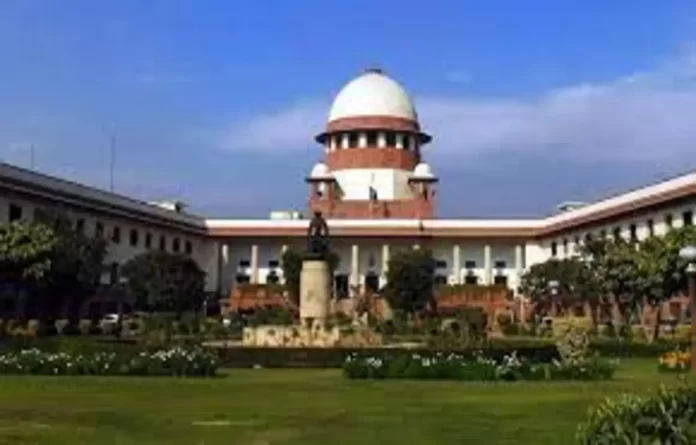The Supreme Court recently observed that a person with the status of a Scheduled Tribe (ST) in one state cannot claim the same benefit in other state or Union Territory where he/ she has migrated, where the tribe is not notified as ST.
Justice BV Nagarathna and Justice Augustine George Masih also remarked that a public notification by the President, as given under Article 342 (Scheduled Tribes) of the Indian Constitution, is necessary for any tribal committee to be ST. The Article 342 stipulates that the President, upon consultation with the Governor, shall specify any Tribal Community as ST.
The bench remarked that the Presidential notification of a tribe or tribal community as a Scheduled Tribe by the President of India under Article 342 is a sine qua non for extending any benefits to the said community in any state or Union Territory.
The matter relates to the Union Territory of Chandigarh, where the President notified no ST community. Chandigarh Housing Board, the appellant had called for applications for allotment houses exclusively for SCs and STs. Reportedly, one of the conditions required for the applicants was that they should be a domicile of the Union Territory of Chandigarh or have been a resident for minimum three years on the application’s submission date.
One of the applicants was Tarsem Lal (respondent), who belonged to ST, as recognized in his state of origin, Rajasthan, was not allotted a house even though he had been permanently residing in Chandigarh for twenty years. Aggrieved by this, he approached the Civil Court, which ruled in his favor. The High Court also dismissed the appeal of the Housing board. Therefore, the matter was mentioned before the Supreme Court.
While deciding the appeal, the apex court cited some of the landmark judgments including Marri Chandra Shekhar Rao vs. Dean, Seth G. S. Medical College (1990) 3 SCC 130. Subsequently, it was observed that when a person migrates to a State that does not have any special right for him/ her, it does not impinge on the right to equality.


